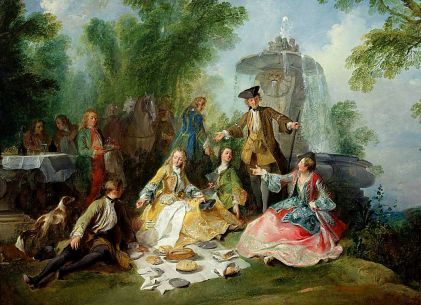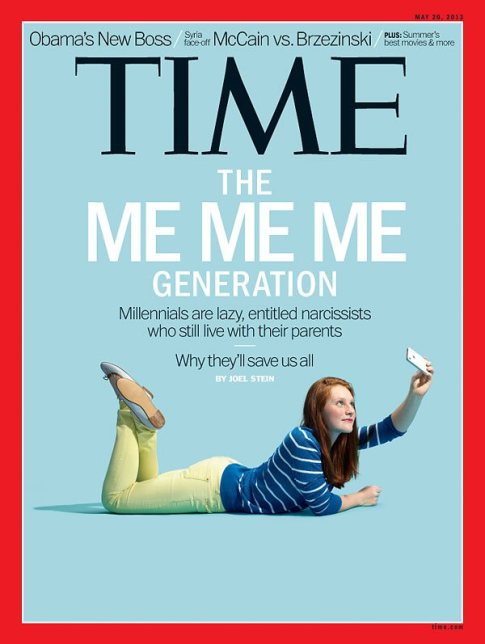Society has undergone a process of democratization. Whereas once one’s parents’ occupation, and one’s own, as well as corresponding tastes, speech, dress and mannerisms could designate one as ‘blue collar’, ‘middle class’ or ‘upper-middle’, the economy has undergone such a restructuring that it’s longer possible to reliably estimate a person’s background and lifestyle having only observed one or two of these markers.
Take for example, the working class. (more…)


